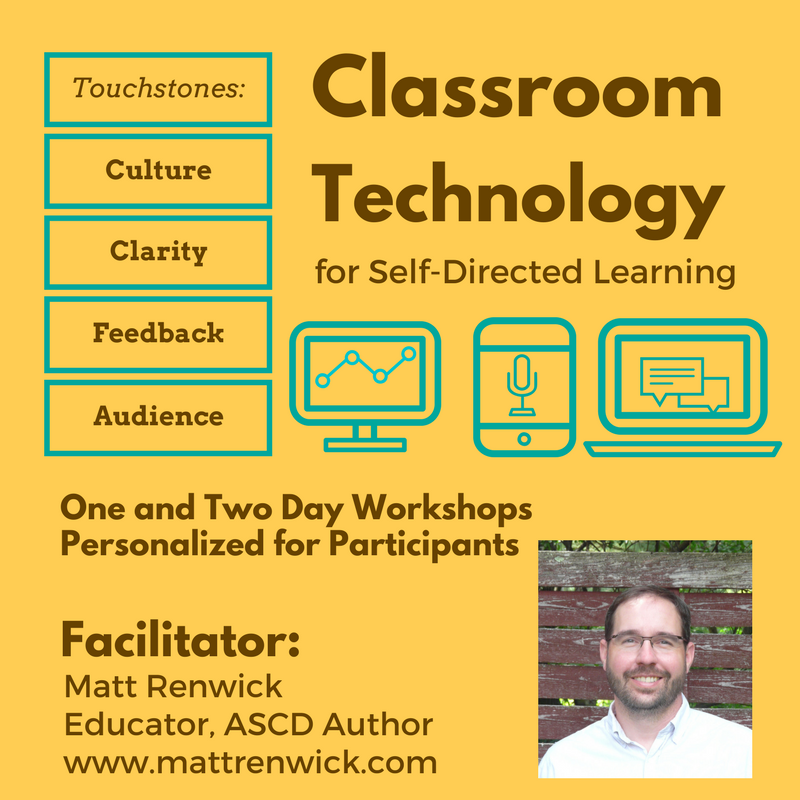Data is a four letter word, literally and sometimes metaphorically in education. Educators need data to drive instruction and making informed decisions about student learning. When students have information about their own learning progress, they know themselves better as learners. Yet when data does not serve an important purpose, it can also monopolize our time that is better spent teaching and learning.
I was grateful for the opportunity to speak about the challenges and promises of this topic at the Wisconsin Summit for Data-Informed Leadership this week in Green Bay. This event, co-facilitate by WASDA and AWSA, gave administrators and teachers the opportunity to develop a better understanding of data in the context of schools today.
Beyond the Gold Star: Strategies for Nurturing Self-Directed Learners
This first session guided participants to explore innovative classroom approaches that gave students more autonomy in their learning. Data in this context wasn’t necessarily a number or letter; video, audio, and images can also serve to inform teaching and learning.
.@WASDA Data Summit finds @ReadByExample leading a full session of leaders on student learning. #PointerNation pic.twitter.com/HgEVz3lype
— Lucas Francois Ed.D. (@LukeFrancois) March 10, 2017
Educators tried to create a story using an unknown digital tool with little direction. This activity gave participants, especially school leaders, an opportunity to experience the anxiety that teachers and students might feel working with technology. Some of our tensions are healthy, as we sometimes don’t challenge ourselves enough.
Attendees were directed to a simple Google Site with several pages devoted to innovative approaches for classroom instruction: http://bit.ly/classroominnovations. Right now it is pretty bare bones; I hope to add more ideas and resources to it as time goes by.
Digital Student Portfolios in Action
This session was much more technology-focused, around one approach to facilitating qualitative assessment. Our goal was to “rethink our plates” instead of trying to add one more thing to our busy days.
Learning all about Digital Student Portfolios from the wise @ReadByExample#WIData#principalpln#WIAmigopic.twitter.com/WpihtHJVTI
— Jessica Johnson (@PrincipalJ) March 10, 2017
Participants had a lot of time to explore different digital portfolio tools, as well as new ways for students to represent their learning. This group already had a strong understanding that data was not limited to quantitative information. They offered smart questions and creative ideas for making their classrooms more student-centered.
Great job @ReadByExample guiding educators toward engagement and student centered learning. @WASDA #pointernation pic.twitter.com/LJf8380XaD
— Lucas Francois Ed.D. (@LukeFrancois) March 10, 2017
Having studied and experimented with digital portfolios for students for almost five years, it was probably the most comfortable I have felt presenting on informational technology. It was a good way to prepare for my presentation on the same topic at the ASCD Convention in Anaheim on March 26.
I will be facilitating a number of workshops this summer on these two topics at CESA 3 and CESA 4. If interested in learning more about classroom innovations that work, as well as having time to effectively integrate technology into the curriculum. please reach out!

One response to “Exploring Classroom Innovations at the AWSA/WASDA Summit for Data-Informed Leadership in Green Bay”
Reblogged this on Reading By Example.